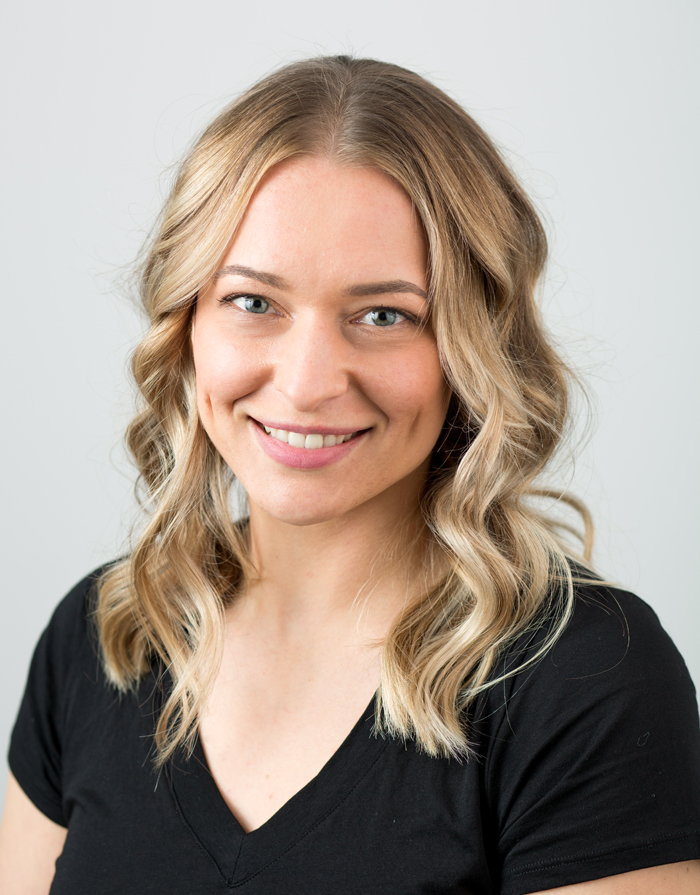I’ve taken a number of death doula courses, and they’ve all shared useful practices. My favourite practice that I’ve adopted into my own life is keeping a “beginner’s mind”. I’ve found it particularly helpful- not just in end-of-life work but also in clinical practice as a massage therapist, and in life in general.
The roots of the “beginner’s mind” practice can be traced back to Zen Buddhism (Suzuki, 1970). The practice is centred on keeping an open mind and a humble approach to acquiring knowledge. Maintaining a level of curiosity no matter how long you’ve been studying a certain subject is beneficial; it helps a person avoid becoming rigid in both mindset (by staying growth-centred, open, and curious) and method (by avoiding the Einstellung effect).
The Einstellung effect, first coined in 1942 (Luchins, 1942) is a cognitive process that happens when someone performs the same action over and over again, and in the practicing of that action, loses flexibility in performing it any other way. It’s basically a “cells that fire together wire together” effect related to performance, problem solving, and knowledge acquisition. The bias forms not only in perception, but also in the manner in which we acquire information. The Einstellung effect creates a rigidity in both mindset and method, and keeping a beginner’s mind assists in preventing that rigidity.
You might be wondering how to get started in adopting a beginner’s mind. Here are three accessible tips that you can practice:
- Curb the “black and white” thinking.
Some people have a really difficult time with the vulnerability of not knowing the answer. As the push to develop the massage therapy profession continues, research is constantly being updated, synthesized, and shared amongst colleagues and peers. Focusing on evidence-based practice does elevate the profession as a regulated healthcare field; with new research, comes new understanding and occasionally new perspectives. Updated research gives the therapist an opportunity to grow in their understanding, but if someone has a rigid, “black and white” mindset, it becomes very difficult to integrate new knowledge.
- Practice child-like curiosity.
Think of the way that children interact with new experiences. They are filled with a special kind of wonder when trying something new and exciting. As adults, we reflect back and call that sense of wonder “child-like” because it seems so age-dependent. By the time we’re adults, we’ve become accustomed to a set way of thinking, a set routine, a set job, a set series of tasks throughout the day (aka “activities of daily living” in clinic). Practicing a child-like curiosity opens us up to inviting new experiences in life, and it also helps us re-examine our usual experiences with fresh eyes.
If you’re struggling to imagine putting this into practice, try picking up an every day object in your house and look at it differently (ex: find a house plant, examine it from new angles). Allow yourself to get curious about details that you haven’t noticed for a long time. When’s the last time you examined at the underside of a plant’s leaf? It sounds like waxing poetic, but the variability in perspective helps stimulate learning in new ways, and maintains a level of wonder of the world around us.
- Be mindful of your expectations.
If you’re already hoping for a specific outcome, it’s probably because you’re looking to confirm a bias. This process is often unconscious. Confirmation bias is when we seek or interpret “evidence in ways that are partial to existing beliefs, expectations, or a hypothesis in hand” (Nickerson, 1998). Confirmation bias is problematic because when someone is “challenged” with new information, even if it’s valid and reliable, a person might be inclined (due to confirmation bias) to reject the new information and enforce their views. Being mindful of our own “wishes” for information to be true or not true helps us stay grounded as therapists.
Practicing the above has been helpful to me in numerous ways. Obviously, it’s helped me in clinic, both as a therapist and as a colleague learning from other disciplines. It’s also helped me in my active listening skills, because I stay curious about my clients, and the way that they see and interact with the world and their own well-being. I’ve found new ways of assigning home care, treating, and communicating thanks to these practices. These skills are developed over time and with repetition, just like anything else, but the investment in time and effort is well worth it. Not only have these practices helped me in clinic, but also when working with terminally ill people, and in my own life. A beginner’s mind relies on a mind that seeks to stay curious, and doing so breaks up the “monotony” of routine life and increases a sense of wonder. You don’t have to do it perfectly, you just have to get started to reap the benefits.
References
Luchins, Abraham S. (1942). “Mechanization in problem solving: The effect of Einstellung”. Psychological Monographs. 54 (6): i–95. doi:10.1037/h0093502.
Nickerson, Raymond. (1998). “Confirmation Bias: A Ubiquitous Phenomenon in Many Guises”. Review of General Psychology. 2 (2). https://doi.org/10.1037/1089-2680.2.2.175
Suzuki, Shunryū. (1970). Zen Mind, Beginner’s Mind. Shambhala Publications. ISBN 978-1-59030-849-3.
About the Author
Ashley is a Massage Therapist from Moncton, New Brunswick with a special interest in massage therapy in palliative and hospice care, and managing concussions. Outside of clinical practice, she is a Lead Instructor in our “Understanding the Complexity of Concussion” courses as well as the Editor of this website’s blog. She volunteers her time as a member of the Board of Directors of the Association of New Brunswick Massage Therapists.
Ashley decided to pursue massage therapy as a second career in order to help others. With prior experience in the field of Archaeology at the Master’s level, Ashley is an integral part of course development, helping to improve and assess the quality of our course delivery.



Recent Comments